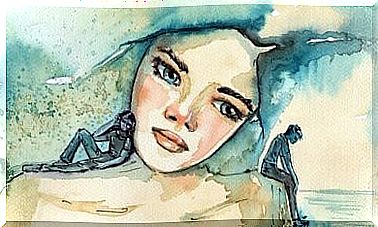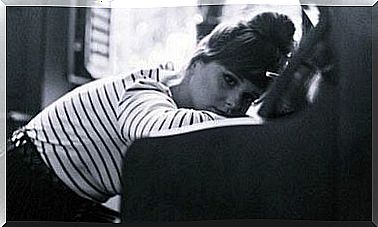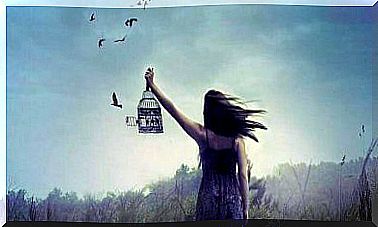The Incessant Need To Always Be Right
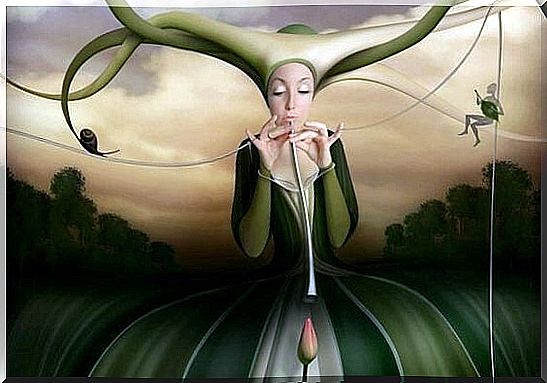
There are people, professional opinion leaders, blinded by the idea that “I am right and you are wrong”. They are profiles characterized by an immense ego and a lack of empathy, specialized in continually raising discussions and destabilizing harmony in any context.
Wanting to be right and prove you have it is something that gives everyone satisfaction, it cannot be denied. It is a way to strengthen self-esteem and to rebalance cognitive dissonances. Now, most of us know that there are limits, that it is important to adopt a constructive approach, a humble outlook and an empathic heart capable of appreciating and respecting the point of view of others as well.
However, one of the great evils of humanity continues to be the unbearable need to always be right. “My truth is the only possible one, yours is not valid” is the phrase on which the mental palace of many people and also of certain organizations, political groups or countries that sell their ideals as moralizing leaflets is based.
Instead of seeing these facts as isolated or anecdotal, we should take them seriously. Because those who are obsessed with always being right end up suffering from relentless side effects: isolation and loss of health. We must learn to connect with others, to be sensitive, respectful and skillful as we create more harmonious environments.

Two men in a boat: the story of blindness, fear and pride
Thich Nhat Hanh, also known as “Thay” (“teacher” in Vietnamese) is a Zen master, poet and pacifist activist. He has published more than 100 books and was nominated for the Nobel Peace Prize by Martin Luther King.
Among the many stories of the master Thay, there is one that is an excellent example of how man always needs to be right. The story begins any morning in a region of Vietnam. We are in the 60s and the war affects all those lands that were once peaceful, serene and marked by the routine of the inhabitants.
Two old fishermen are going up the river when, suddenly, they spot a boat heading in the opposite direction to theirs. One of the two elders wants to approach the shore, convinced that the enemy is in the boat. The other, on the other hand, begins to scream as he raises the oars, convinced that there is an unwary and unskilled fisherman on the other boat.
The two fishermen start arguing with each other like two children in the schoolyard, until the other boat hits theirs, throwing them into the water. The two elders cling to the remains of the boat and realize that the other boat is actually empty. Neither was right. The real enemy was in their minds, too blinded, and in their eyes, which have now lost the visual acuity of the past.
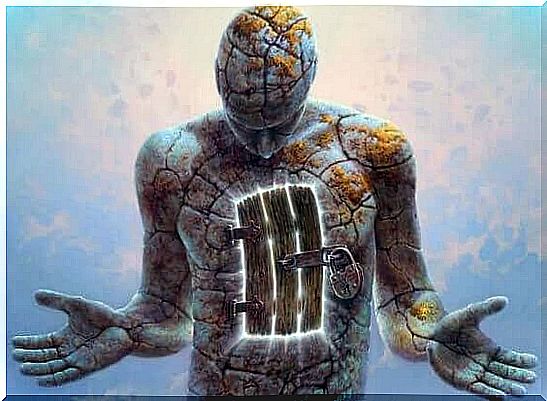
Beliefs possess us
We are real machines made of convictions. We internalize them and accept them as mental programs that we continually repeat to ourselves as if they were litanies, we elaborate them as a property, as something that must be defended with the sword. In fact, our ego is a whole mosaic of various and iron convictions, those for which even friends are abandoned, in order to always be right.
On the other hand, it is worth remembering that we all have a full right to have our opinions, our truths and our preferences, we have discovered them over time and they identify us, they define us. Be careful, however, because none of these dimensions must “kidnap us” to the point of leading us to think “my truth is the only one that matters”.
There are those who live immersed in an inner dialogue that continually repeats mantra style, people who repeat to themselves that their beliefs are right, immovable and that their truth is a source of inviolable wisdom. This thought prompts them to look for people and situations that confirm these beliefs, the truths of atomic and narrow worlds where nothing is questioned.
The consequences of this kind of mental attitude are serious and sometimes without remedy.
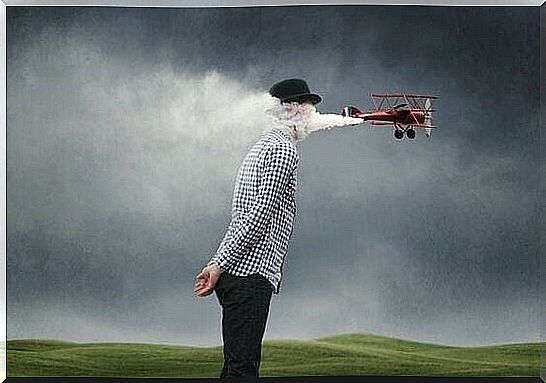
The desperate need to always be right and its consequences
The world is not black or white. Life and people find their maximum beauty and expression in diversity, in the nuances, in the different points of view in front of which we must always be receptive to learn, grow, move forward.
To remain anchored to a single thought and to the imposition of a universal truth means to go against the essence of humanity and against the exercise of individual freedom. It is not lawful, it is not logical and it is not even healthy. James C. Coyne, a writer, psychologist and professor emeritus at the University of Pennsylvania School of Psychiatry, says the need to always be right is a modern evil that can compromise physical and emotional health.
According to a study conducted by researchers at the University of Bradford (UK), around 60% of people with this profile have ulcer problems, high levels of stress and dysfunctional relationships with family members. What’s more, they are people who alter the coexistence of the whole environment in which they move.
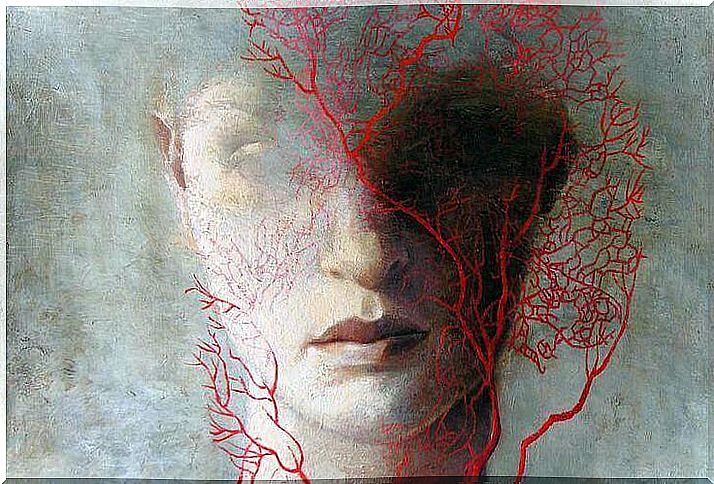
In conclusion, we all know that our everyday life is like a flow in which various and complex currents intersect. We all continue with our boat, go up or down the river. Instead of insisting on always keeping the same direction, we learn to raise our eyes so as not to collide with each other.
We take the leap, we create minds that connect with each other to flow freely and in harmony. In the end, we all want to achieve the same goal, which is nothing but happiness. So, let’s build it on the basis of respect, empathy and a true sense of coexistence.
Images courtesy of Logan Zillmer


